Full-time students take four courses each semester for their first two years in the program, for a total of 48 credit hours that combine core courses and electives. Students may take up to half of their course credit hours outside of the school. In their third year, students enroll in six dissertation credit hours and also complete comprehensive exams.
For course descriptions, please visit the UNC-Chapel Hill course catalog. For Hussman course syllabi, please visit the Park Library’s syllabus archive.
Core
- MEJO 703: Mass Communication Research Methods
- MEJO 705: Theories of Mass Communication
- MEJO 801: Professional Seminar in Doctoral Studies
Electives
- At least 12 credit hours (4 courses) in research methods
- At least 15 credit hours (5 courses) in a substantive area of specialization (see below)
- 9 hours (3 courses) for the development of a secondary area of expertise or exploration of other substantive or methodological areas of the academy
Substantive Areas of Study
Click each area title to expand its description.
Media processes and production
Study of the economic, ethical, historical, sociological and technological influences on media. This includes analysis of decision-making and examination of how new ways of conceptualizing news and journalism are influencing management decisions. Current and recent research topics that fall under this heading include changing news values for changing media, work-culture change in an evolving media landscape, shifting conceptualizations of international, ethnic and alternative media, advertisers’ responses to converged and multimedia operations and the influence of ethical standards on media practice and performance.
Faculty
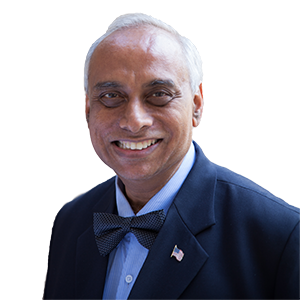
Deb Aikat
Dr. Aikat theorizes about the evolving roles of media and journalism in the digital age.
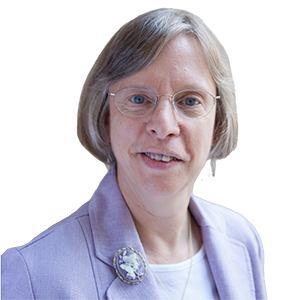
Lois Boynton
Dr. Boynton’s research focuses on ethical decision-making by public relations and media practitioners, professionalism and agenda building, particularly related to nonprofits.
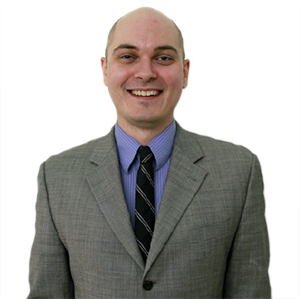
Lightning Czabovsky
Dr. Czabovsky's research and creative work focuses on diversifying public relations by better appreciating the differences among publics and how this diversity should lead to better ways to build relationships with publics and stakeholders.

Barbara Friedman
Dr. Friedman's research focuses on media representations of sex trafficking and, more broadly, on constructions and contestations of race, gender and class.
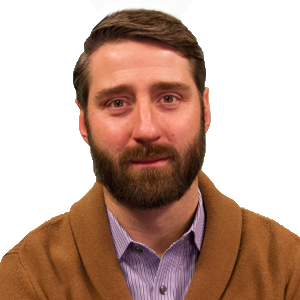
Daniel Kreiss
Dr. Kreiss’ research analyzes the effects of technologies on electoral politics, political thought and American democracy.
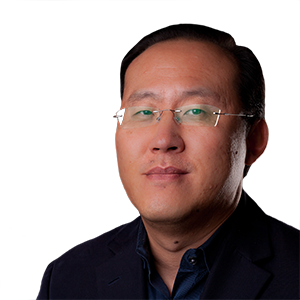
Suman Lee
Dr. Lee teaches and conducts research on international public relations, public diplomacy, public relations theory, and international communication.
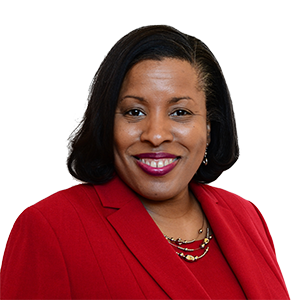
Trevy A. McDonald
Dr. McDonald’s creative work and research uses oral history to produce documentaries and books on the Civil Rights Movement through the lens of Black journalists.
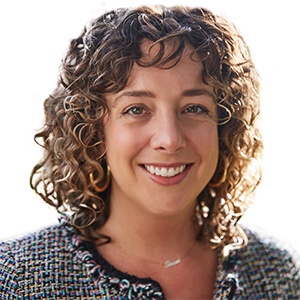
Shannon McGregor
Dr. McGregor’s research addresses the role of social media and their data in political processes, with a focus on political communication, journalism, public opinion and gender.
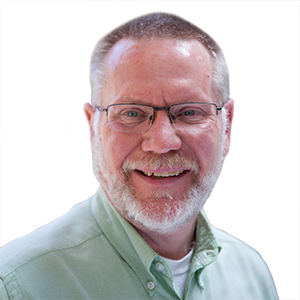
Charlie Tuggle
Dr. Tuggle studies media coverage of the Olympics, particularly of female athletes who participate in the Games.
Legal and regulatory issues in communication
Study of the law and public policy affecting communication. Current and recent research topics that fall under this heading include First Amendment theory, the intersection of law and ethics, regulation of online media, censorship, intellectual property and government regulation of commercial and corporate speech.
We offer a dual-degree program with the UNC School of Law, enabling students to earn Ph.D. and J.D. degrees in about five years, depending on their individual programs of study and progress.
Faculty
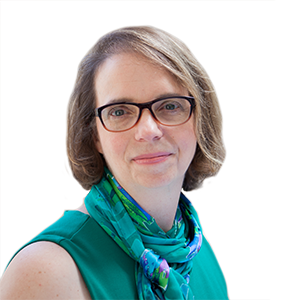
Tori Ekstrand
Dr. Ekstrand uses critical and mixed methods approaches to studying media law and policy – with specific research on conflicts between copyright law and the First Amendment and on web accessibility for people with disabilities.
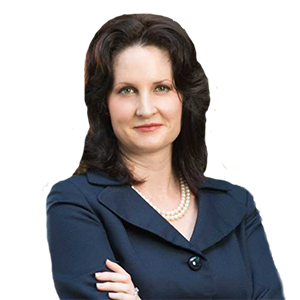
Amanda Reid
Dr. Reid's scholarly works focus on the intersection of First Amendment and intellectual property topics, including copyright and trademark law.
Media uses and effects
Study of how audiences process media messages and the effects of communication on audiences, often influenced by theoretical frameworks in cognitive, social and developmental psychology. Current and recent research topics that fall under this heading include media impact on health, media and identity, audience uses of media and the effects of news and message design elements on cognitions, affect and behavior.
Faculty
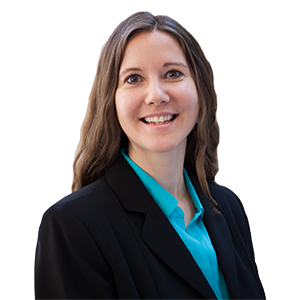
Lucinda Austin
Dr. Austin’s research focuses on the influence of social media on health and crisis communication, and publics’ perspectives in corporate social responsibility and organization-public relationship-building.
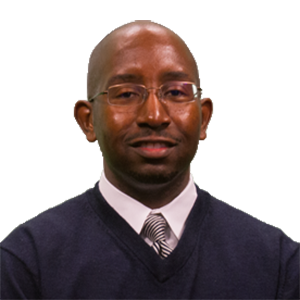
Spencer Barnes
Dr. Barnes' research employs cognitive engineering and quantitative research methodologies to study the design and efficacy of dynamic visual communication products such as visual explanations, motion graphics and data visualizations.
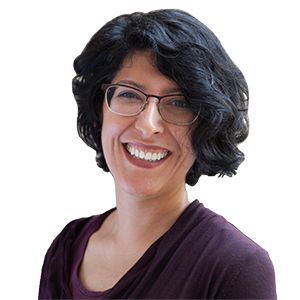
Francesca Dillman Carpentier
Dr. Dillman Carpentier’s research lies within the broad area of media psychology, focusing on how cues within the media we consume can slip in under our radar and affect our attitudes and judgments without our express awareness.
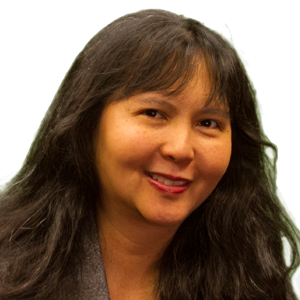
Nori Comello
Dr. Comello's research focuses on developing and testing messages to promote health and other prosocial issues, guided by theories relating to identity and self-concept.
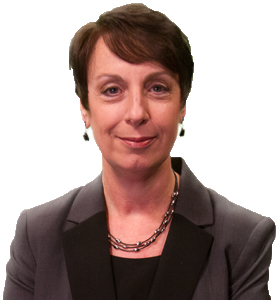
Rhonda Gibson
Dr. Gibson's most recent research focuses on media portrayals of sexual minorities and the influence of these portrayals on both individual perceptions and public conversations.
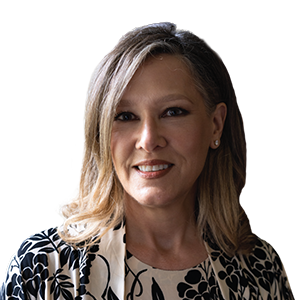
Kristen Harrison
Dr. Harrison studies media content, uses and effects on children, adolescents and families, with an emphasis on the consequences of media messages and media use for the bodies of audience members.

Joe Bob Hester
Dr. Hester's research focuses on methodological issues, particularly the use of computational research methods, in areas such as sampling, agenda setting and social media.

Allison Lazard
Dr. Lazard's research revolves around a core interest in how visual and interactive design influences perception and impact of strategic health and science messages.

Shannon McGregor
Dr. McGregor’s research addresses the role of social media and their data in political processes, with a focus on political communication, journalism, public opinion and gender.
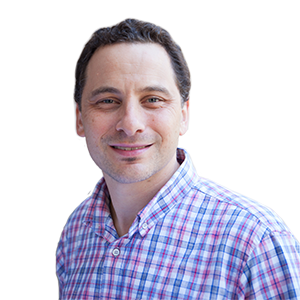
Seth Noar
Dr. Noar's research is focused on the use ofcommunication strategiesfor health behavior change, especially in a cancer prevention context.
Health communication
Study of mediated communication and how it affects health-related attitudes, behaviors and health status. This includes the theory-based study of health messages, campaigns and social marketing, as well as the Internet and emerging communication technologies. Current and recent projects have focused on improving healthy diet, reducing tobacco use, preventing skin cancer, promoting HPV vaccination and increasing safer sexual behavior.
Faculty

Lucinda Austin
Dr. Austin’s research focuses on the influence of social media on health and crisis communication, and publics’ perspectives in corporate social responsibility and organization-public relationship-building.

Spencer Barnes
Dr. Barnes' research employs cognitive engineering and quantitative research methodologies to study the design and efficacy of dynamic visual communication products such as visual explanations, motion graphics and data visualizations.

Francesca Dillman Carpentier
Dr. Carpentier’s research lies within the broad area of media psychology, focusing on how cues within the media we consume can slip in under our radar and affect our attitudes and judgments without our express awareness.

Nori Comello
Dr. Comello's research focuses on developing and testing messages to promote health and other prosocial issues, guided by theories relating to identity and self-concept.

Kristen Harrison
Dr. Harrison studies media content, uses and effects on children, adolescents and families, with an emphasis on the consequences of media messages and media use for the bodies of audience members.

Heidi Hennink-Kaminski
Dr. Hennink-Kaminski’s research uses the social marketing approach to develop interventions and campaigns to drive behavior change in areas such as childhood obesity and clinical trial participation.

Allison Lazard
Dr. Lazard's research revolves around a core interest in how visual and interactive design influences perception and impact of strategic health and science messages.

Seth Noar
Dr. Noar's research is focused on the use of communication strategies for health behavior change, especially in a cancer prevention context.

Xinyan (Eva) Zhao
Dr. Zhao’s research focuses on the roles of social media and social networks in crisis, risk, and health communication using computational and quantitative methods.
Political, social and strategic communication
Study of the ways in which organizations, governments and members of social and political groups create and disseminate messages designed to persuade and inform. Current and recent research topics that fall under this heading include the impact of media on the political process and public opinion, the role of media in sociocultural identities, advertising effectiveness and brand communication, crisis communication, ethical transparency in strategic communication, the role of networks in public relations and advocacy, and social media and network analytics.
Faculty

Deb Aikat
Dr. Aikat theorizes about the evolving roles of media and journalism in the digital age.

Lucinda Austin
Dr. Austin’s research focuses on the influence of social media on health and crisis communication, and publics’ perspectives in corporate social responsibility and organization-public relationship-building.

Lois Boynton
Dr. Boynton’s research focuses on ethical decision-making by public relations and media practitioners, professionalism and agenda building, particularly related to nonprofits.

Lightning Czabovsky
Dr. Czabovsky's research and creative work focuses on diversifying public relations by better appreciating the differences among publics and how this diversity should lead to better ways to build relationships with publics and stakeholders.

Nori Comello
Dr. Comello's research focuses on developing and testing messages to promote health and other prosocial issues, guided by theories relating to identity and self-concept.

Barbara Friedman
Dr. Friedman's research focuses on media representations of sex trafficking and, more broadly, on constructions and contestations of race, gender and class.

Heidi Hennink-Kaminski
Dr. Hennink-Kaminski’s research uses the social marketing approach to develop interventions and campaigns to drive behavior change in areas such as childhood obesity and clinical trial participation.

Joe Bob Hester
Dr. Hester's research focuses on methodological issues, particularly the use of computational research methods, in areas such as sampling, agenda setting and social media.

Daniel Kreiss
Dr. Kreiss’ research analyzes the effects of technologies on electoral politics, political thought and American democracy.

Trevy A. McDonald
Dr. McDonald’s creative work and research uses oral history to produce documentaries and books on the Civil Rights Movement through the lens of Black journalists.

Shannon McGregor
Dr. McGregor’s research addresses the role of social media and their data in political processes, with a focus on political communication, journalism, public opinion and gender.
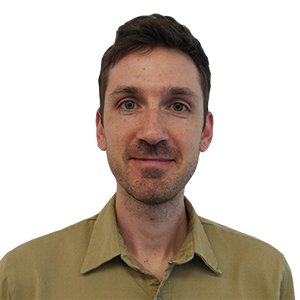
Lee McGuigan
Dr. McGuigan studies the history and political economy of advertising, media and information technology.

Xinyan (Eva) Zhao
Dr. Zhao uses large-scale data, social networks and experiment to study social media and crisis communication, risk and health communication and social influence.